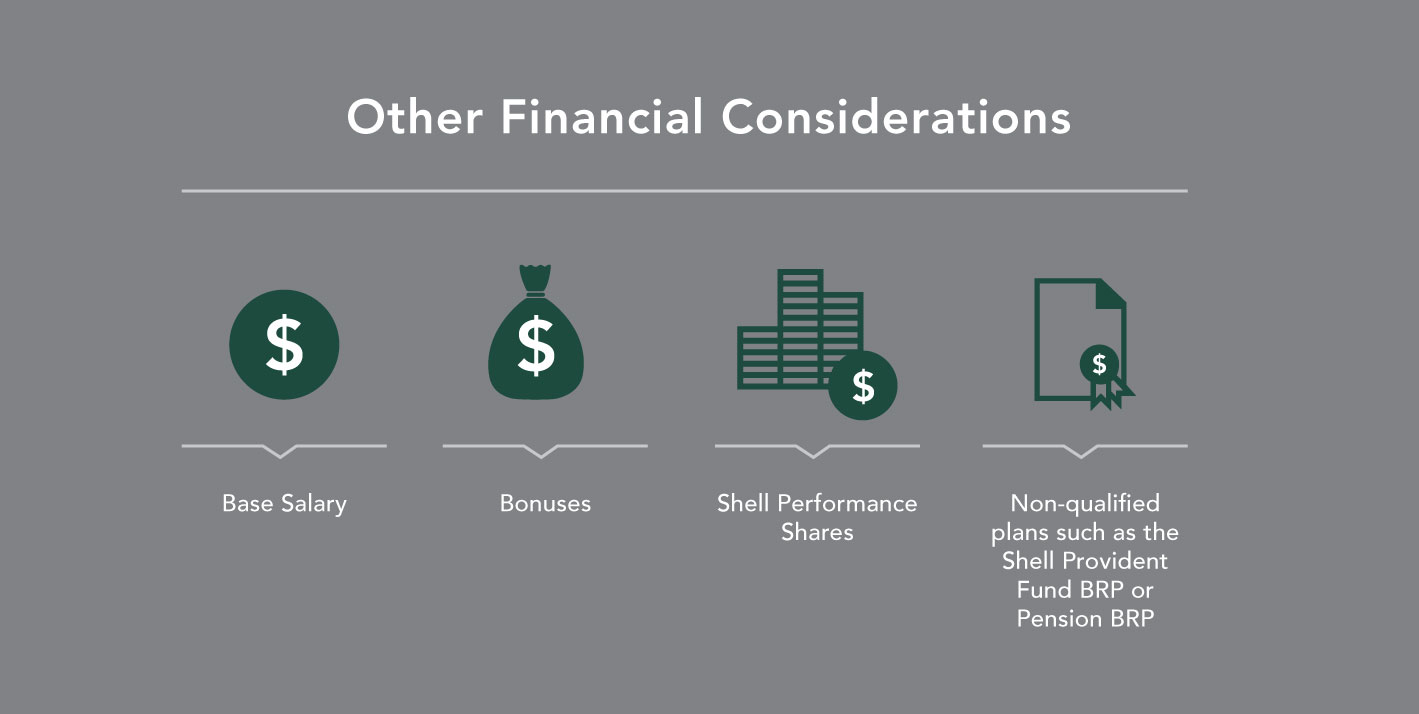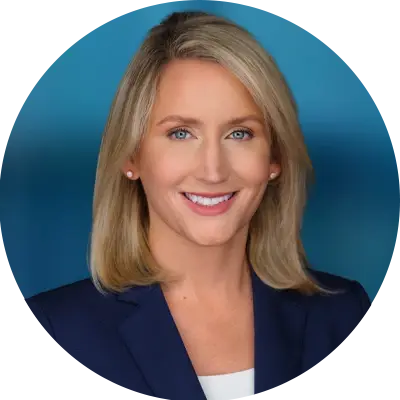Severance. It’s a term that can evoke anxiety; most of us aren’t ready to talk about it or hear the phrase “severance package” discussed in conjunction with our career. How can a severance package impact your financial plan? What does severance pay mean for your tax liability? What about insurance?
When Shell employees are offered severance packages, it leads to an emotionally overwhelming decision that causes them to weigh their financial goals and retirement options earlier than they might have anticipated.
However, severance doesn’t have to be negative. If accepting a severance package fits into your overall financial plan, it can give you an opportunity to get an early start on retirement or a second career.
Get Your Shell Severance Checklist Here
Should You Accept Your Severance Package Offer from Shell?
During departmental reorganizations, it’s common for Shell to offer voluntary severance packages to employees who are nearing retirement age. These employees receive severance as an additional benefit above their standard retirement options.
In this situation, accepting a severance package can be financially advantageous, especially to those individuals who were already planning to retire in the near future.
To determine whether it makes sense to accept the offer, you need to understand which financial benefits are included in your Shell severance package, how soon you’ll need to take advantage of them, and whether you feel financially secure and ready for retirement. It’s important to do an in-depth analysis on the benefits you’ll receive and have a solid understanding of the impact they’ll have on your finances.
What Is Typically Included in a Severance Package from Shell?
When Shell employees are offered severance packages based on the Special Severance Plan, the following benefits are provided:
- Pay: A severance payment includes three weeks’ pay for every year of accredited service — up to a maximum of 78 weeks of pay. The severance payout differs depending on whether an employee is immediately pension-eligible. For those immediately eligible for the pension, severance is paid in two equal payments -- the first half is paid four weeks after separation, and the second half is paid in February of the following year. For those who aren't immediately pension-eligible, the severance is paid in one payment four weeks after separation.

For example, if you had 20 years of accredited service at Shell and took the severance package, you would receive 60 weeks of pay. You would receive the first severance payment of 30 weeks within four weeks of your last day, and the second payment of 30 weeks would be received in February of the following year.
- Medical benefits: If you do not have immediate pension eligibility, or you are not eligible for post-retirement benefits and are currently enrolled in a Shell medical plan, you can elect to continue coverage under COBRA. Shell will continue to pay the employer portion of your medical premium for up to four months.
- Pension eligibility: Under the Special Severance Plan, if you are within 12 months of immediate pension eligibility, you can be placed on a Special Leave of Absence (SLOA) with continued pay until the last day of the month in which you achieve immediate pension eligibility. This SLOA will bridge you to immediate pension eligibility if you have not already attained such status by the time your severance occurs.
- Bonuses: You may be eligible to receive a prorated bonus for the portion of the year you were employed.
These benefits are all included under Shell’s Special Severance Plan guidelines; however, additional benefits may be offered to specific individuals based on their pension eligibility or tenure at Shell.
What Other Financial Considerations Should You Take Into Account If You’re Offered A Severance Package?
Your specific salary isn’t the only consideration when determining whether a severance package will meet your financial needs. It is also important to factor in all the income you will receive during the year of your severance and following your retirement, including:
- Base Salary
- Bonuses
- Shell Performance Shares
- Non-qualified Plans, such as the Shell Provident Fund BRP or Pension BRP

Working with a financial advisor to create a detailed cash flow forecast can help you assess your level of preparedness for spending and retirement goals, as well as the impact of potential tax obligations.
By having these discussions with a CERTIFIED FINANCIAL PLANNER™ professional prior to accepting a severance plan, you can create a plan designed to optimize your income flow and mitigate tax obligations, thus easing your retirement transition.
How Will Severance Pay Affect Your Retirement Plan?
In many instances, Shell will set a predetermined retirement date for severance. However, some employees may have the opportunity to negotiate their final severance date, ensuring the date of their official severance and the dates they will receive severance package payments are to their benefit.
If you’re offered a Shell severance package, your financial advisor can help you determine whether it’s beneficial to push severance to the following year. Pushing the first severance payment forward a year allows the income to be received in a new (often lower) tax year, which can decrease overall tax obligations.
Additionally, pushing out severance may provide additional time to maximize contributions to the Shell Provident Fund 401(k), 80 Point or APF Pensions, GESPP, or other employee benefits.
Making the decision to accept a Shell severance package isn’t something to be taken lightly. Taking time and using specialized advice to position yourself for the next phase in life should be an important part of your process in evaluating your severance options.
If you’re trying to make your decision regarding a severance offer from Shell or another corporation, don’t do it alone. Our team of financial advisors is experienced in navigating these packages. Let us help you evaluate your options and determine how even small details can affect your severance package’s impact on your financial future.







